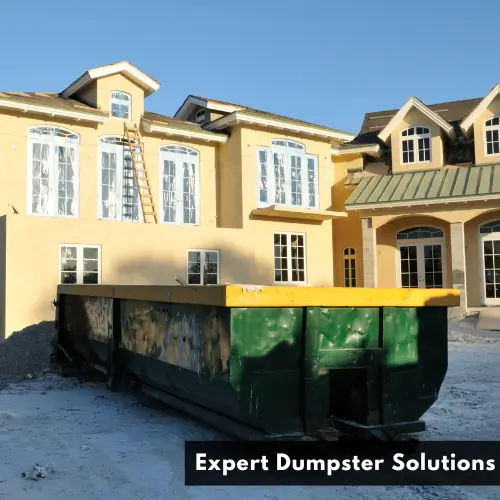
Best Concrete Removal Dumpster Rental in Matlock, WA
A concrete removal dumpster rental in Matlock, WA is designed to help you dispose of heavy materials such as concrete, asphalt, bricks, and other construction debris. Concrete removal is a tough task, especially when you're handling large quantities. Whether you're demolishing a driveway, tearing down a patio, or removing a foundation, a concrete removal dumpster offers the space and durability you need to safely and efficiently remove these materials. These dumpsters are built with reinforced sides to handle the weight of heavy debris. They are typically larger in size, ranging from 20 yards to 40 yards, to accommodate the large volume of concrete and construction materials involved in the job. Renting a dumpster for concrete removal ensures you can manage the waste with ease, keeping your worksite safe and organized.
FAQs for Concrete Removal Dumpster Rental in Matlock, WA:
Q) What can I put in a concrete removal dumpster?
Concrete removal dumpsters are designed for concrete, asphalt, bricks, stones, and other heavy materials. Be sure not to place regular household trash, hazardous materials, or recyclables in the dumpster.
Q) How do I handle the weight of the concrete in the dumpster?
Concrete dumpsters are specially designed to handle the weight of heavy debris. However, be mindful of weight limits, which your provider will explain. Overloading the dumpster could result in additional fees.
Q) What size dumpster do I need for concrete removal?
For most concrete removal projects, a 20-yard or 30-yard dumpster is adequate. However, larger projects may require a 40-yard dumpster. Consult your provider to determine the best size for your needs.
Q) How long can I rent a concrete removal dumpster for?
The rental duration depends on your project timeline. Typically, concrete removal dumpsters can be rented for 7 to 14 days, with the option to extend if needed.
Q) Can I dispose of concrete and other construction debris in the same dumpster?
Yes, concrete dumpsters can be used for other construction debris, such as bricks, stones, and mortar. However, avoid mixing in hazardous or non-construction materials.

